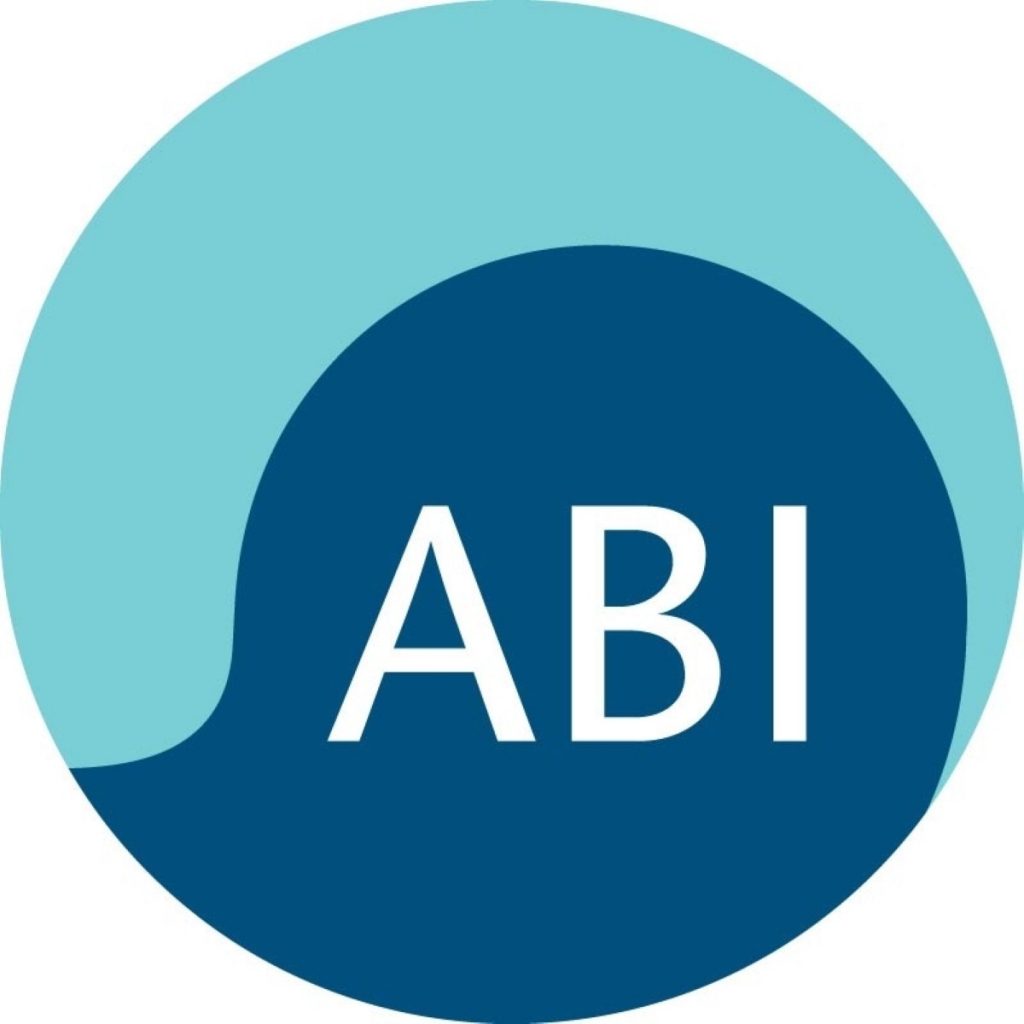ABI: FSA consultation paper on RDR – better advice but not for all?
Responding to publication today (Thursday 25 June) of the FSA’s Consultation Paper on the Retail Distribution Review (RDR), ABI Director of Life and Savings Maggie Craig said:
“These changes will herald a sea change in the delivery of financial advice and products for those who use advice, as well as increasing professionalism and removing the potential for bias. We applaud the FSA’s work so far and hope to continue to work with them to meet the ambitious target of 2012 for implementation.
“However, we are disappointed that the proposals do little to encourage savings and advice for the mass market. With half of the UK population not currently saving enough, the FSA must not lose this opportunity to help individuals access financial advice that suits their needs, helping them save and protect their incomes and families.
Guided sales
“Today’s Consultation paper wants the same level of qualification for those who offer streamlined advice as those who issue full advice. We have serious concerns this will make it economically unrealistic to offer straightforward and transparent sales for those who want affordable access to simple products. Not least because any adviser who is fully qualified is more likely to be attracted to the higher rewards for giving full advice. In addition, this rather misses the point that streamlined advice would be conducted within a strict process, subject to guidance laid down by FSA.
“We also called for clear labelling of advice, to attract those who have never received financial advice. It is therefore a step backwards that the FSA has today introduced a complex new matrix of options such as independent advice, restricted advice, basic advice and streamlined advice sales. As a minimum, such labelling must have clear disclosure to customers about the limitations of any services provided. There is a serious risk of customer confusion in the current proposed labelling.
“To ensure access is increased we also need clear guidance from the FSA and Financial Ombudsman Service about how they will treat different categories of advice.
Charging for regular savers
“For most consumers looking to make smaller regular savings, a one-off payment for advice could put them off seeking it. It is therefore disappointing that this paper has not taken on board our suggestion that providers could agree to provide finance with standard terms to consumers who wish to pay over time (known as ‘factoring’) – ensuring bias is removed but maintaining consumer access to advice. The FSA’s solution, that consumers will have flexible ways to pay for advice through regular contributions without provider influence, will be difficult to implement.
Professionalism
“For the RDR to be a success, consumers must be confident that they will receive excellent financial advice. We are keen for financial advisers to have the same levels of professionalism and qualifications as other professionals such as accounting and law, where qualifications ensure a high minimum standard. The proposed Code of Ethics is a step in the right direction as is clarity of Continued Professional Development (CPD)
Scope
“We still need clarity on which areas will be covered by the RDR, such as advice on some protection policies and annuities. We welcome the opportunity for early feedback on Group Personal Pensions and how adviser charging will work when the advice is given to an employer.
– ENDS –
Notes for Editors
1. Enquiries to:
Jonathan French 020 7216 7392 (Mobile: 07958 330 480)
Malcolm Tarling 020 7216 7410 (Mobile: 07776 147 667)
Erfan Hussain 020 7216 7411 (Mobile: 07712 841 184)
Kelly Ostler-Coyle 020 7216 7415 (Mobile: 07968 364 302)
2. The ABI is the voice of the insurance and investment industry. Its members constitute over 90 per cent of the insurance market in the UK and 20 per cent across the EU. They control assets equivalent to a quarter of the UK’s capital. They are the risk managers of the UK’s economy and society. Through the ABI their voice is heard in Government and in public debate on insurance, savings and investment matters.
3. An ISDN line is available for broadcasts.
4. More news and information from the ABI is available on our web site, www.abi.org.uk.





-01.png)